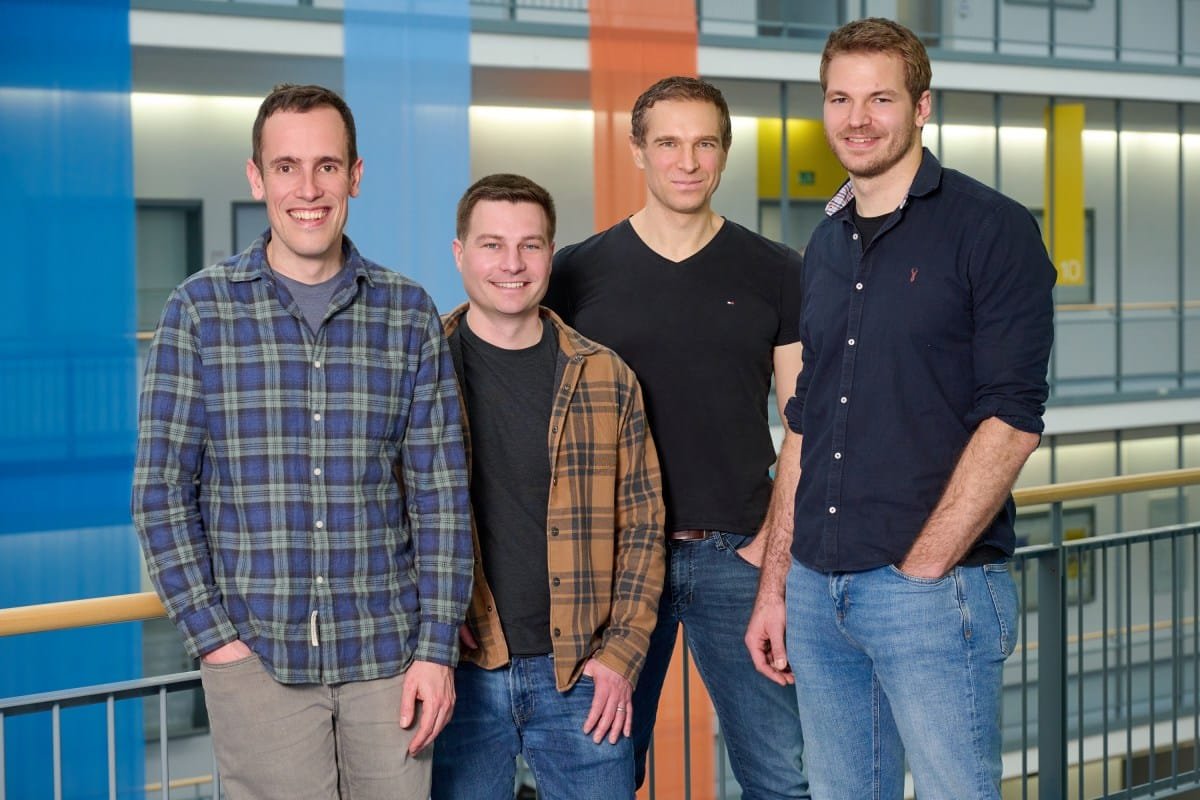
▼ Summary
– AI foundation models for generating 3D environments from text prompts are emerging, unlike the more established text-to-image models.
– Matthias Niessner, a leading AI researcher, founded SpAItial, raising $13M in seed funding to develop text-to-3D generation technology.
– SpAItial’s team includes ex-Google and Meta experts, positioning it competitively in a space with rivals like Odyssey and World Labs.
– Potential applications range from video games to digital twins, but the exact market demand for photorealistic 3D environments remains unclear.
– SpAItial aims to create interactive 3D worlds, focusing on quality over rapid team growth, with an ambitious goal of simplifying video game creation.
The race to create AI-powered 3D environments is heating up, with a new startup securing major funding to push the boundaries of text-to-3D generation. While AI models that produce images from text prompts have become commonplace, generating fully interactive 3D worlds remains an emerging frontier. Now, Matthias Niessner, a leading AI researcher and former co-founder of Synthesia, has launched SpAItial with a $13 million seed round to tackle this challenge.
The funding, led by Earlybird Venture Capital with participation from Speedinvest and notable angel investors, stands out for a European seed-stage company—especially one with little more than a teaser video demonstrating its vision. What makes SpAItial compelling, however, is its all-star technical team, including former Google and Meta engineers specializing in 3D generation. Their expertise positions the startup to compete in a space where rivals like Odyssey and World Labs are already making waves.
Niessner’s ambitions go beyond static 3D models. “I want this world to behave like the real world—interactable, dynamic,” he explains. While gaming is the most obvious application, potential uses span digital twins, augmented reality, and even robotics training. Yet the path to commercialization remains unclear, prompting SpAItial to adopt a developer-first approach, licensing its foundational model for tailored applications.
Unlike many AI startups prioritizing growth over revenue, SpAItial is focused on early monetization. The team plans to collaborate with select partners to refine its APIs before scaling. Hiring will remain selective, with an emphasis on quality over headcount—critical for a company tackling such complex technical hurdles.
The ultimate goal? Letting users generate entire interactive 3D worlds with simple text prompts, a capability Niessner believes could revolutionize industries far beyond gaming. While competitors focus on standalone 3D objects, SpAItial is betting on real-world physics and interactivity as its differentiator. Whether the startup can deliver on this vision remains to be seen, but with strong backing and a proven team, it’s poised to shape the next chapter in AI-driven 3D creation.
(Source: TechCrunch)